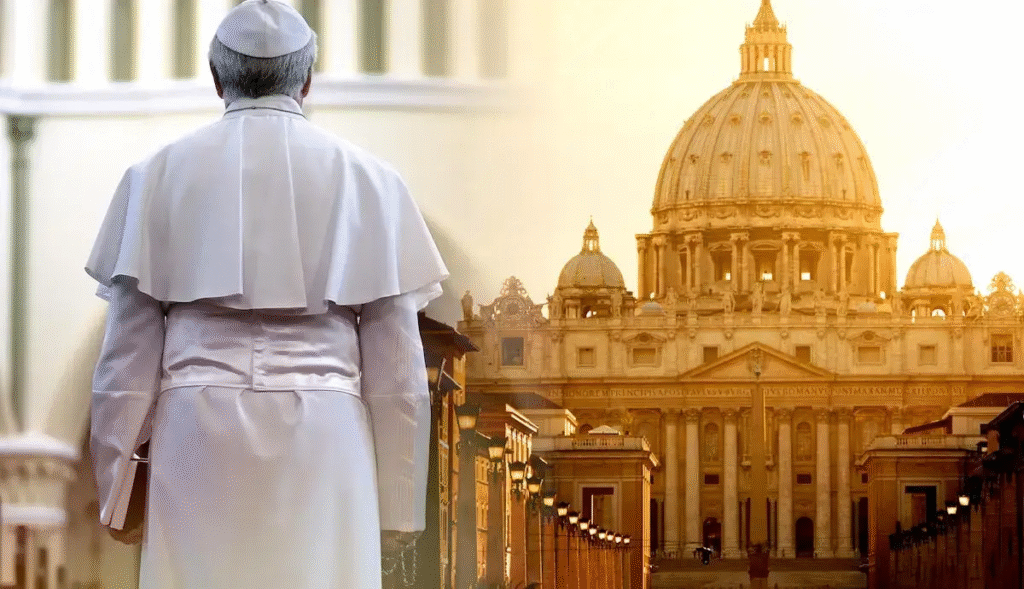The power of the Pope – the head of the Roman Catholic Church – is very special in scope, both spiritual and religious, and has a certain influence on global politics, culture and society. Here is a comprehensive view:
🕊️ 1. Spiritual and Religious Authority
- Supreme Leader of 1.3 Billion Catholics: The Pope, as the successor of Saint Peter, is the supreme head of the Roman Catholic Church.
- Defines Doctrine: The Pope can declare infallible teachings (Ex Cathedra) on matters of faith and morals.
- Spiritual Influence Worldwide: Papal messages, teachings, and appeals are followed not only by Catholics but also by people of other faiths.
🌍 2. Global Influence
2.1 Political and Diplomatic Impact
- The Vatican is a Sovereign State: Despite its small size (~44 hectares), Vatican City maintains diplomatic relations with over 180 countries.
- Mediator in Conflicts: Popes have played roles in resolving conflicts (e.g., John Paul II during the Cold War; Francis in U.S.–Cuba normalization).
- Strong Voice on Global Issues: The Pope often speaks out on climate change, migration, war, and inequality.
2.2 Cultural and Social Influence
- Moral Symbol: The Pope is seen as a moral authority. Pope Francis is praised for his simplicity and progressive thinking.
- Interfaith Dialogue: Popes promote understanding between religions, including Islam, Judaism, and Buddhism.
🧭 3. Limitations
- No Military or Coercive Power: The Pope does not have force-based authority like political leaders.
- Cannot Directly Intervene in National Policies: His influence is moral and spiritual, not legislative.
✨ Conclusion
The Pope is one of the most globally influential figures—not through military or economic means, but through moral authority, spiritual leadership, and the ability to inspire millions. His influence shapes thought and action across cultures and faiths.


ARTICLES IN THE SAME CATEGORY
Early at Year’s End, A Word of Gratitude to Those Who Have Shown Us Kindness
Live contentedly, be satisfied with what you have, and maintain an optimistic outlook on life. These are simple yet wise principles.
People constantly chase after desires, but in the end, when they achieve them and look back, they are left feeling empty.
Greed, Gold, and the Spiral of Instability in Human History
Karma in Vietnamese Classical Thought and Lessons from Cambodia Today
Words and the Fortunes of a Lifetime: Why a Few Right Sentences Are Enough for an Entire Life
ARTICLES IN THE SAME GENRE